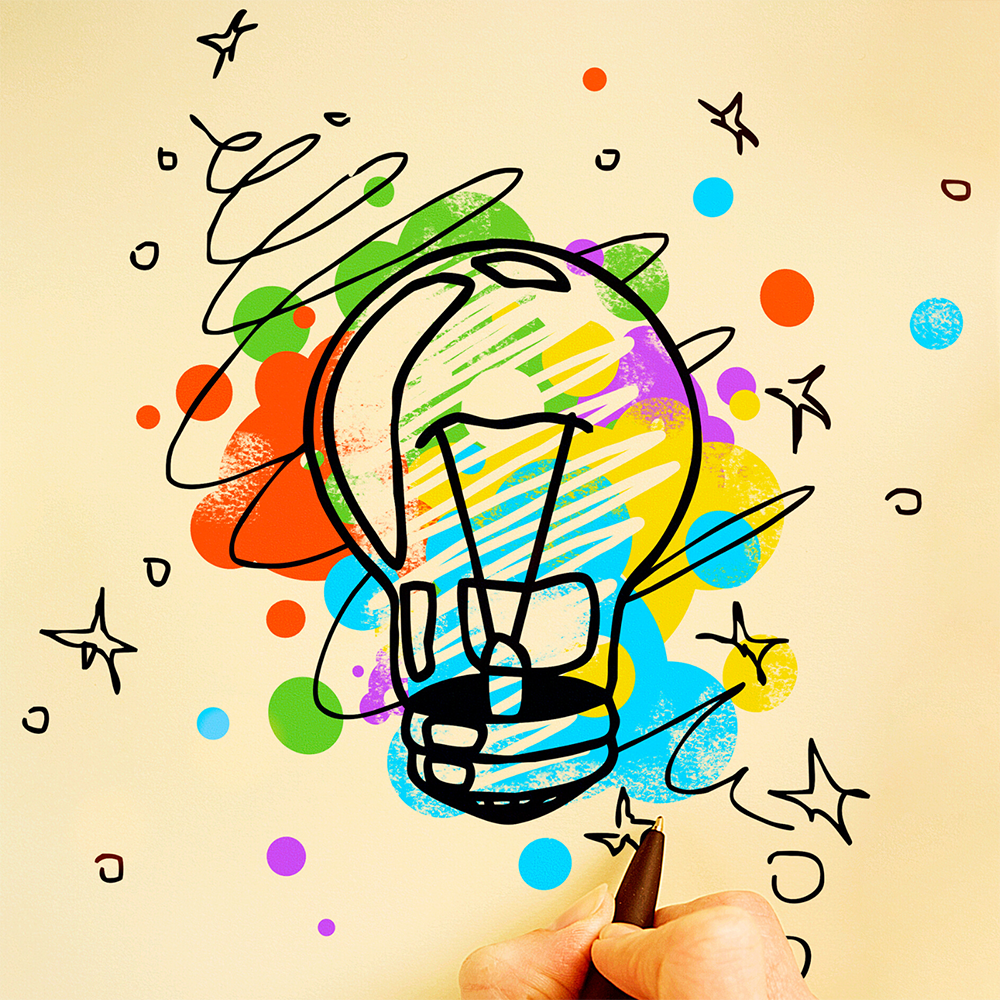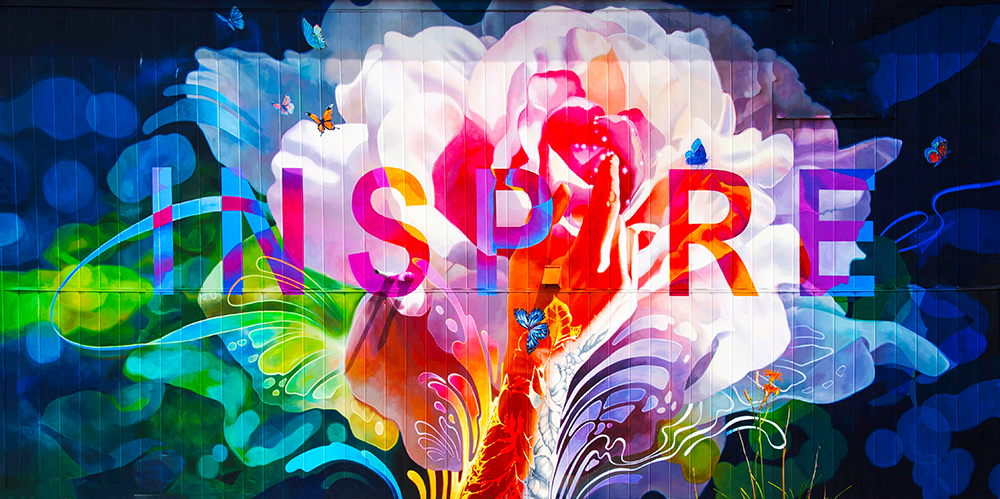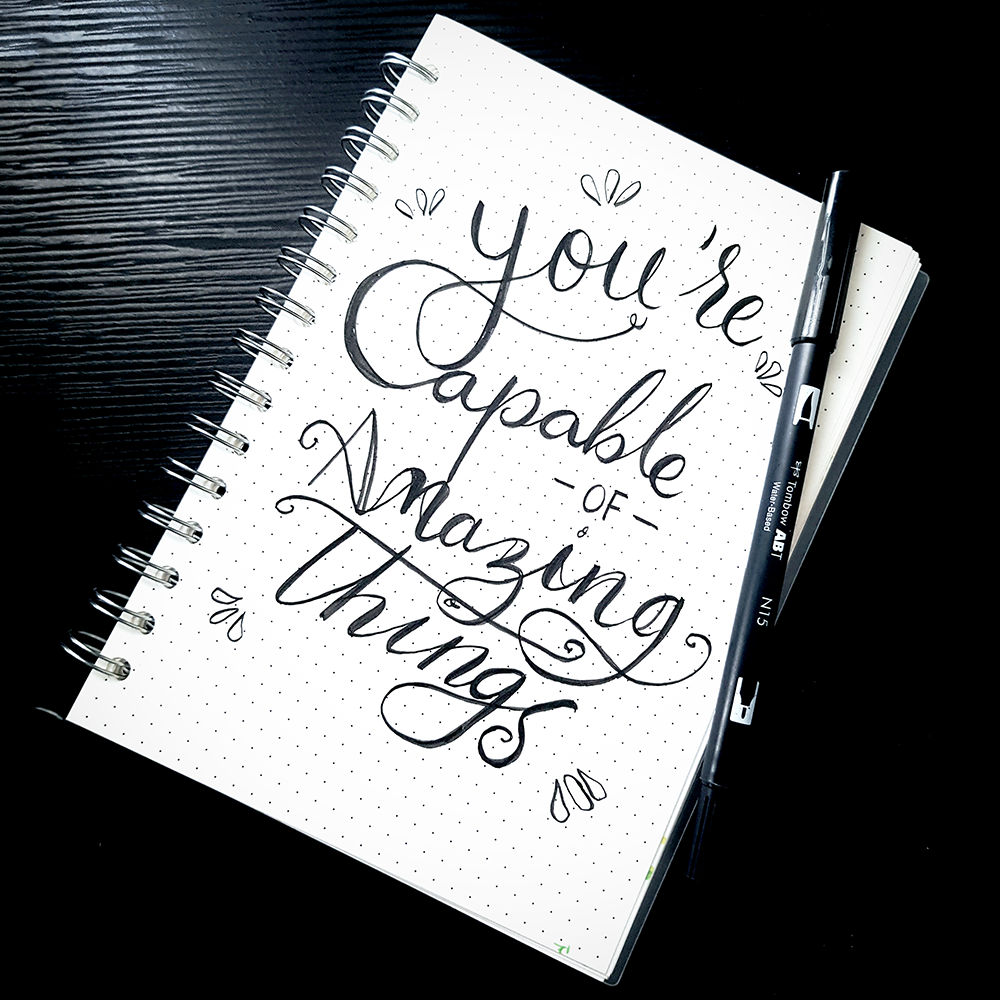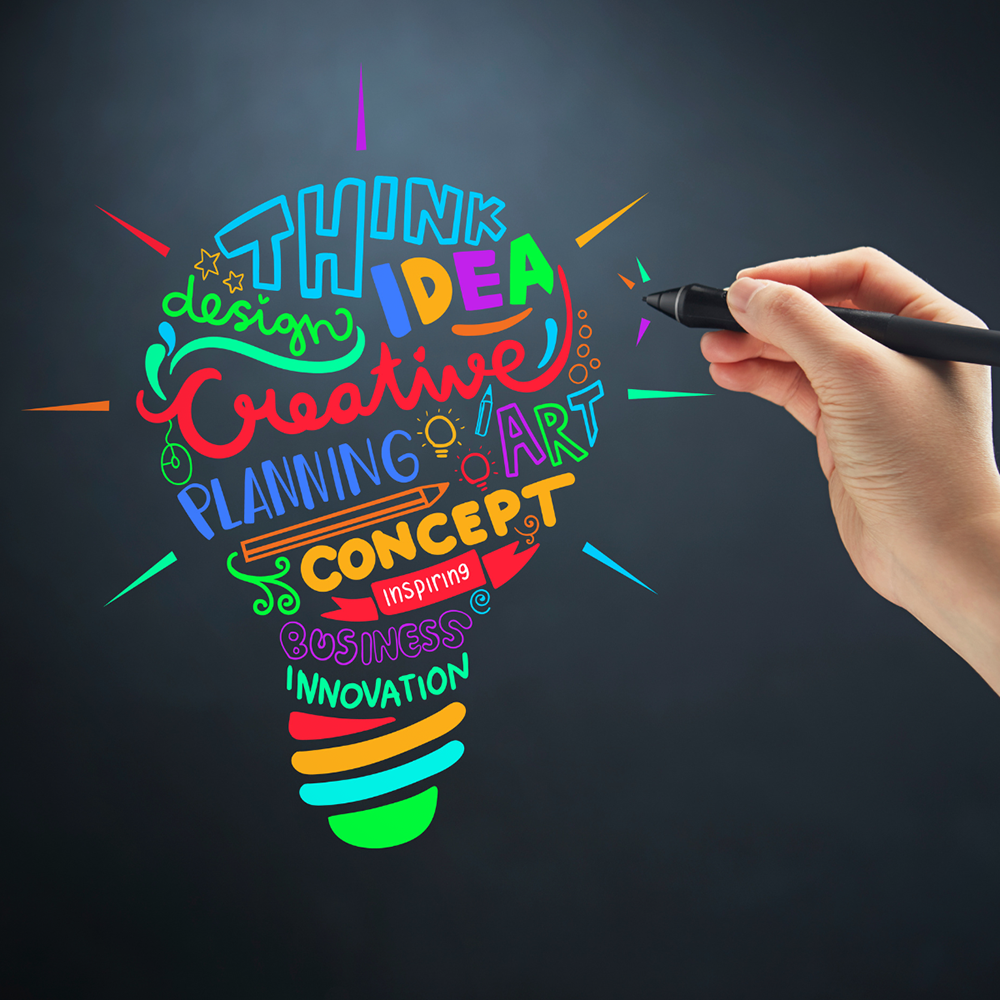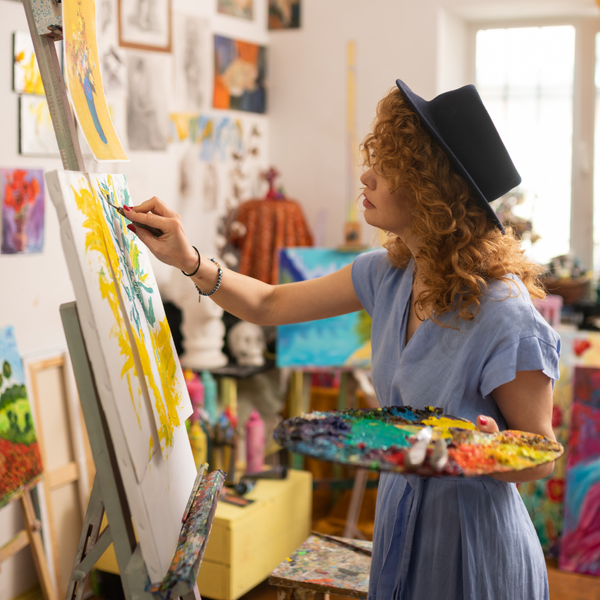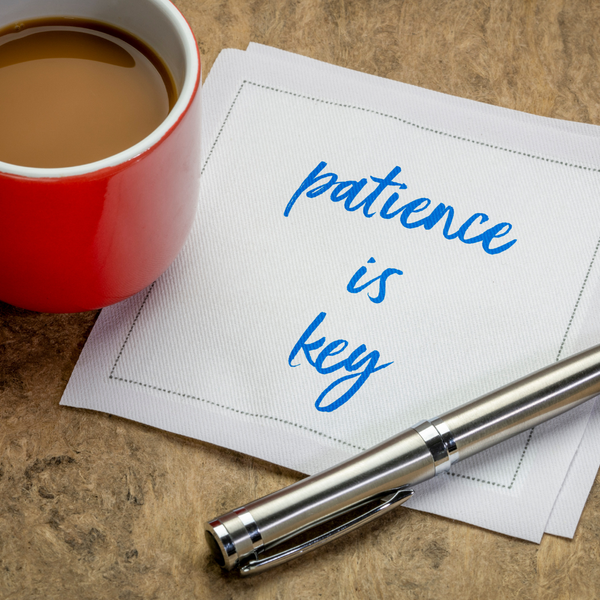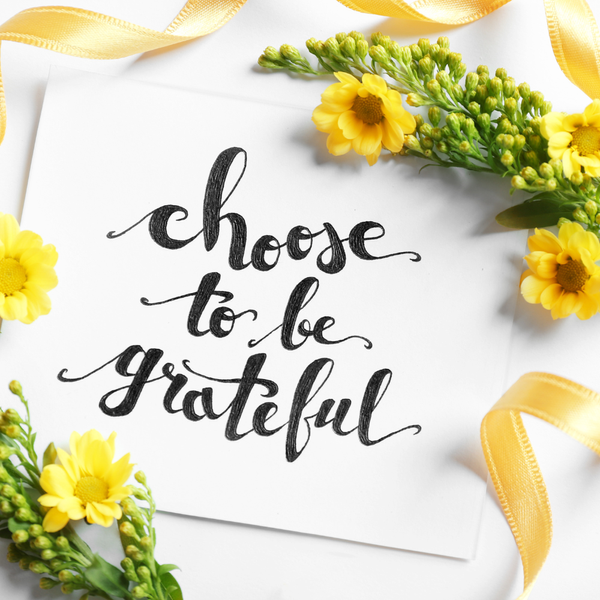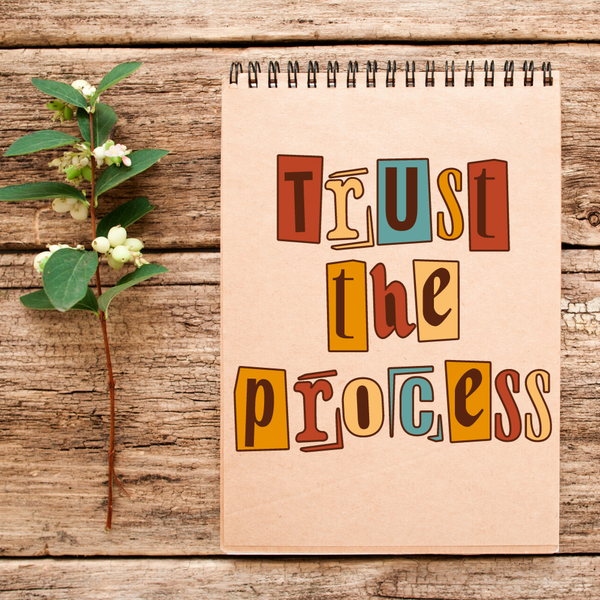Whether you’re an artist, a musician, or a writer, creativity is a major part of your craft and can be the difference between average and exceptional.
Incorporating planning into your creative process can help unlock more of your potential and bring out the best in what you do.
Let’s take a look at how planning can boost creativity.
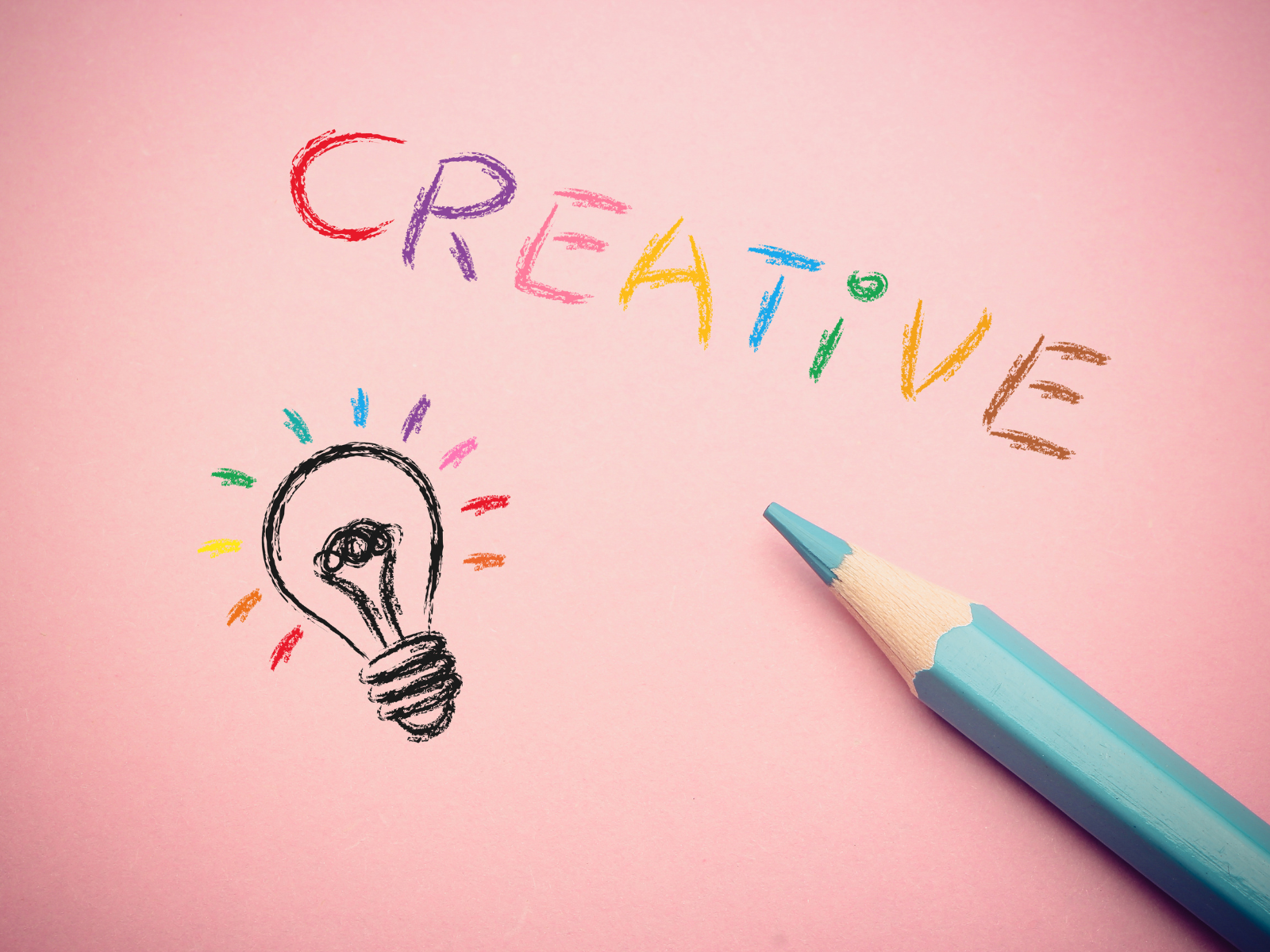
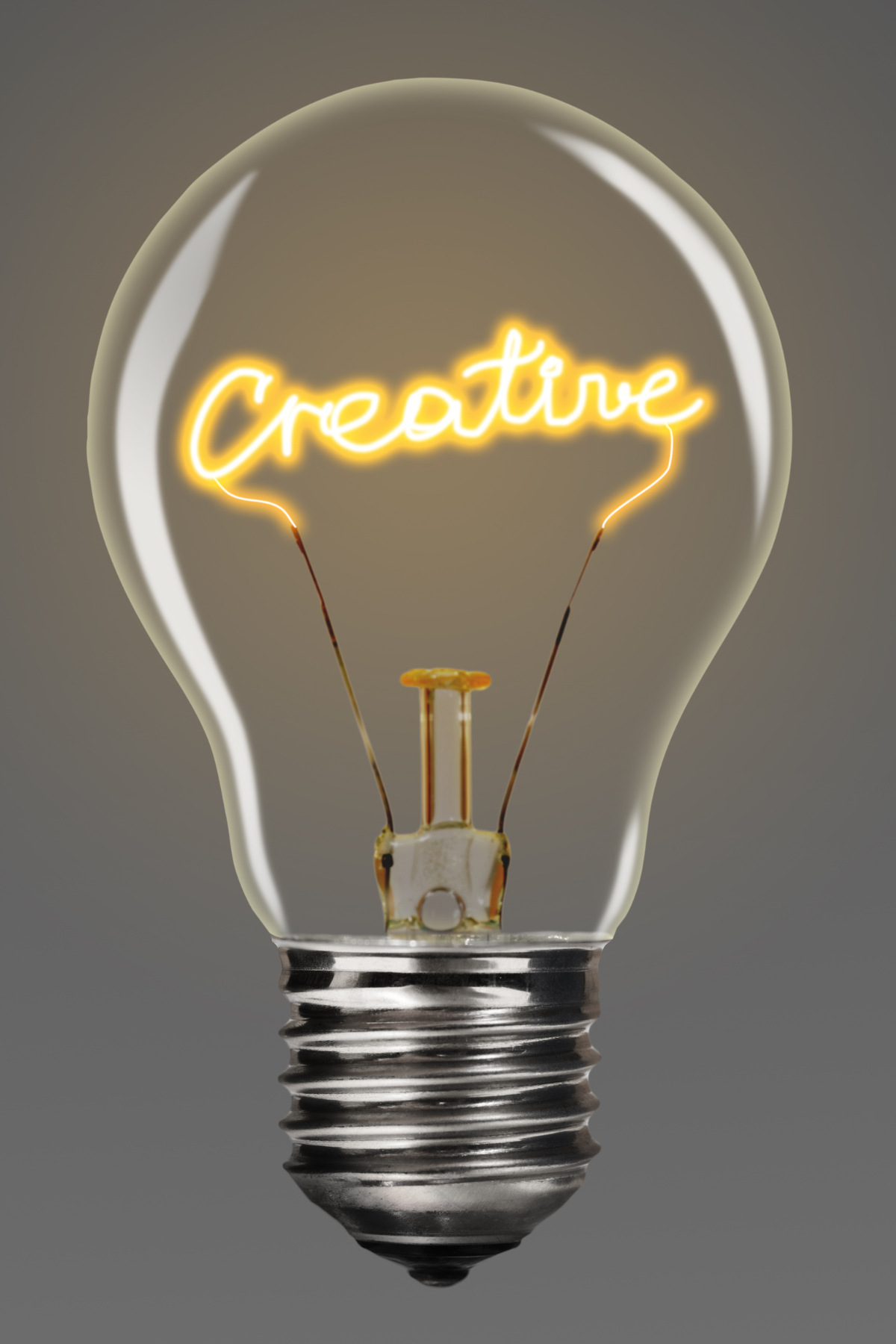
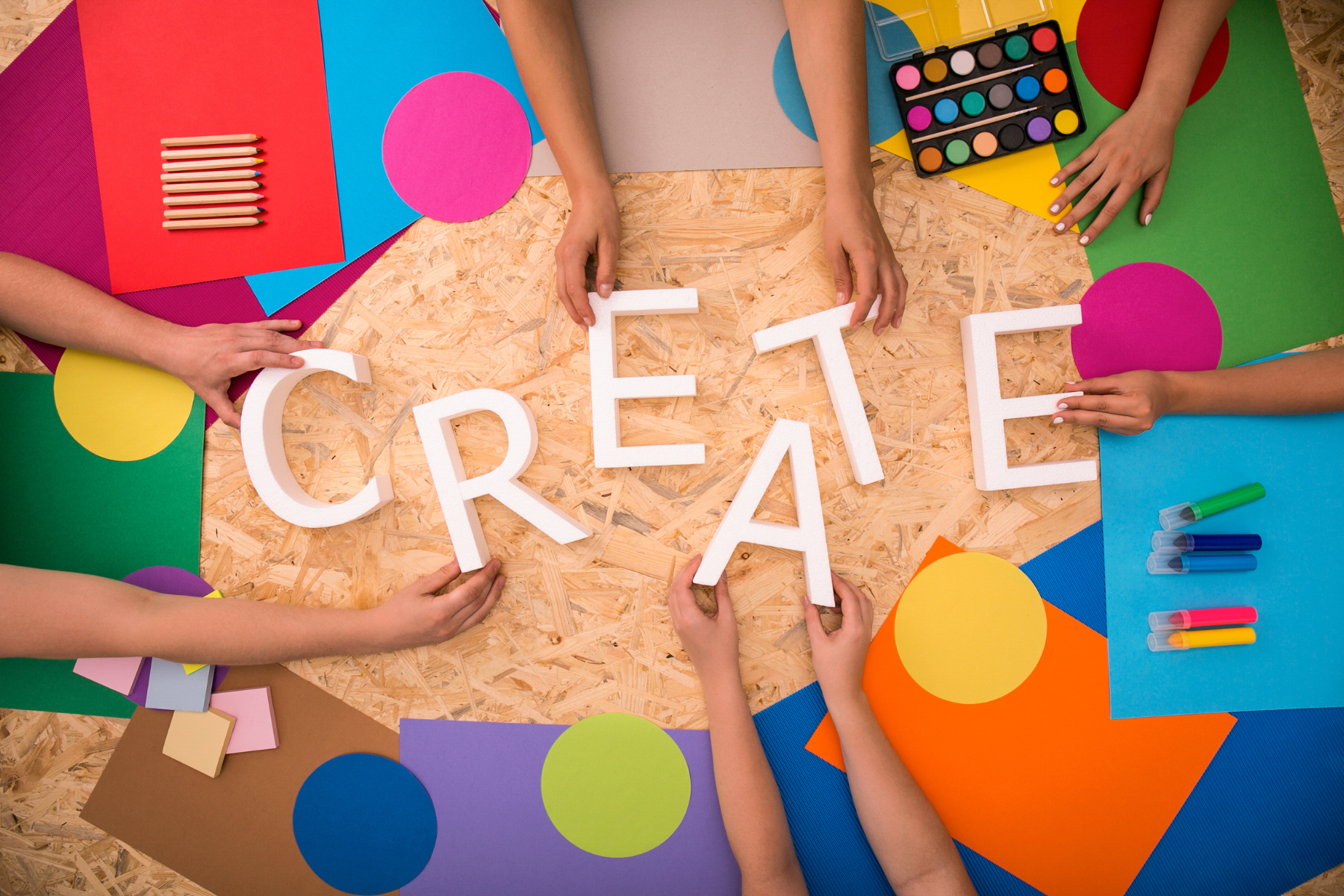
What is Creativity In Planning?
Creativity in planning is a way of approaching problem solving and idea generation by using creative methods.
These methods often involve brainstorming, researching, and creative thinking to come up with unique, out of the box solutions.
It is a way of integrating creativity into the planning process in order to come up with the best possible solutions.
The creative mind plays a pivotal role in planning, and it is important to understand how to use creative approaches in order to unlock creative potential.
A creative mindset leads to new perspective and out of the box thinking.
When it comes to planning, creativity can be used to gain insight and create innovative solutions that are better suited for the problem at hand than some traditional ways.
It can also be used to explore alternative paths and develop a more comprehensive plan.
Creativity's key capability is its ability to unlock potential.
It can be used to bridge the gap between what is and what can be.
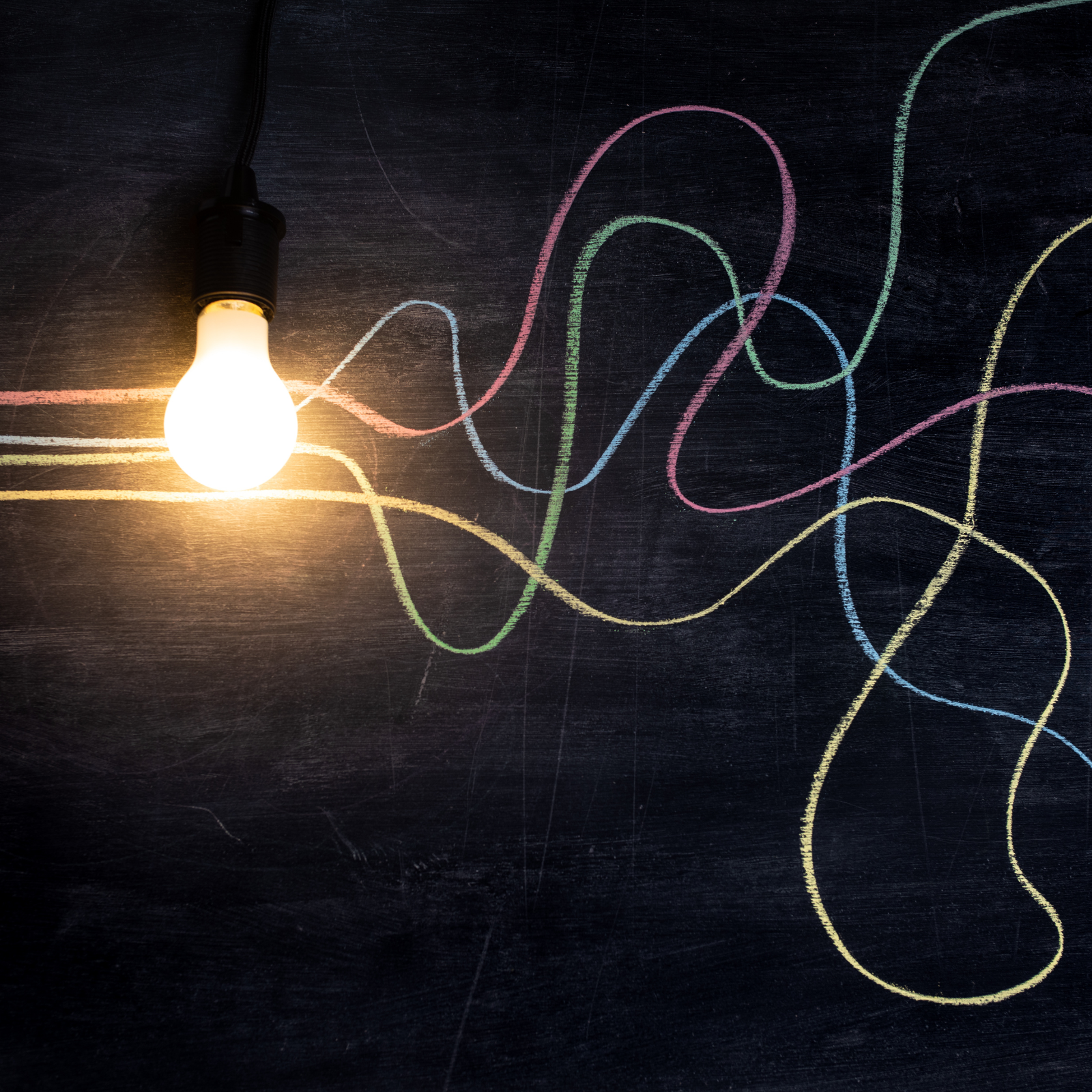
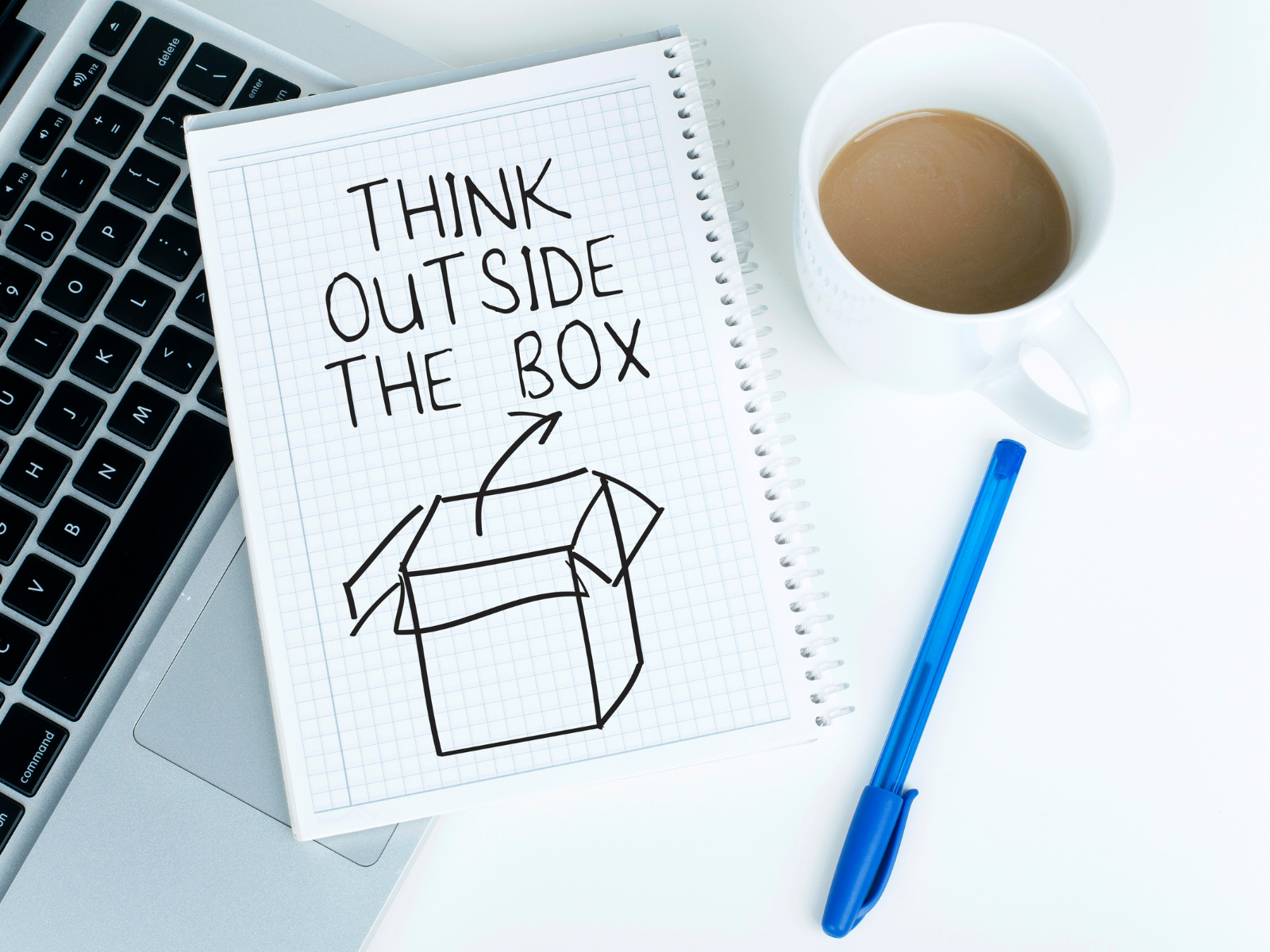
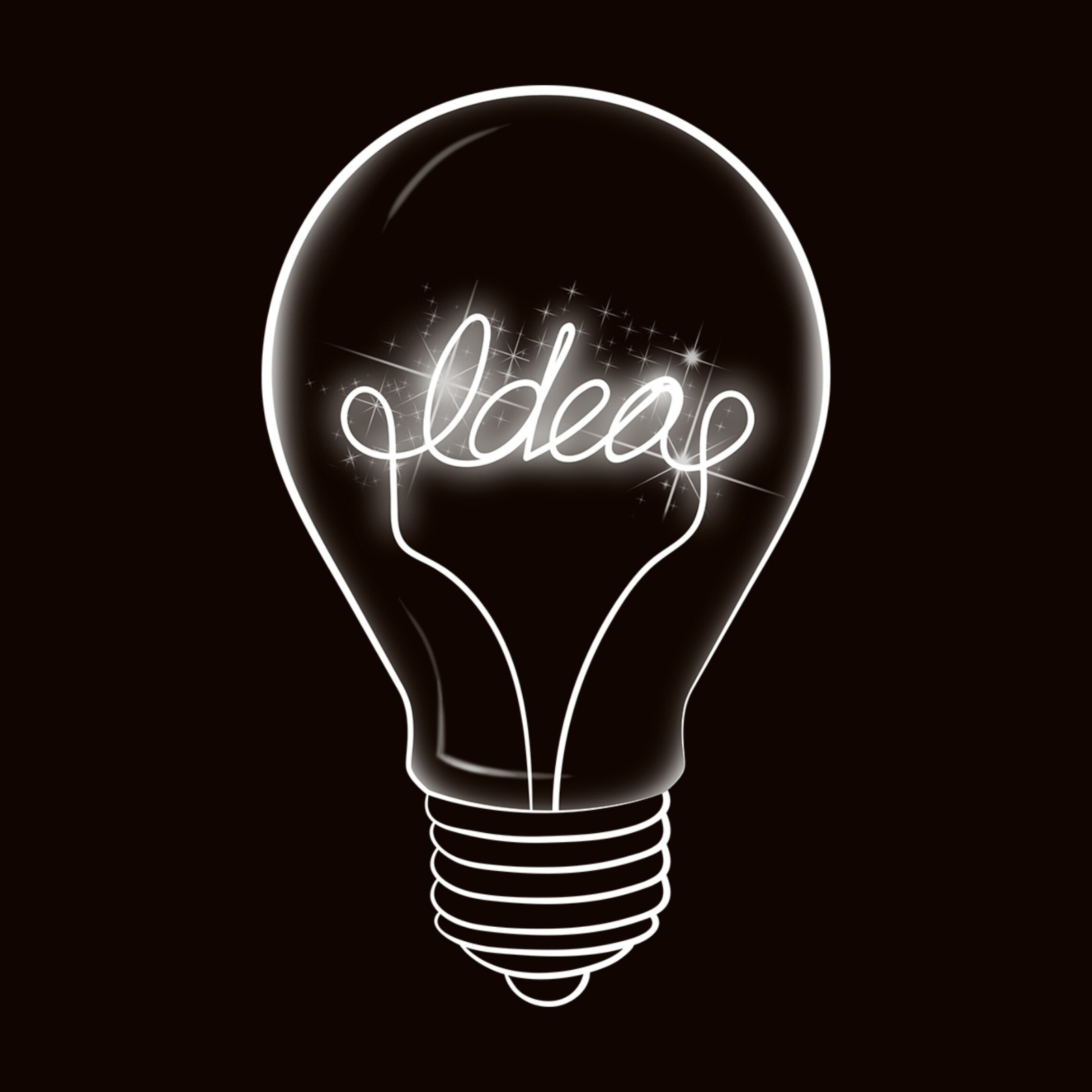
How Can You Use Creativity in Planning?
There are many ways to use creativity in your planning practice.
You can start by considering alternative perspectives and looking at the problem from different angles.
You can also use brainstorming techniques to generate ideas and then evaluate them for possible solutions.
Researching the topic is another great way to uncover creative possibilities.
You can also look at previous successes or failures and use the lessons learned to inform your plan.
Additionally, look for inspiration from other sources, such as art, literature, stargazing, and more, to help you come up with creative solutions and new ideas.
Finally, don’t be afraid to experiment and try new things.
Creativity and planning are powerful tools that allow you to unlock potential and come up with better solutions.
Whether you are planning curriculum, working towards a project's completion, diving into recent research and critical reflection, or brainstorming new ideas for a presentation, look to creativity and planning to help you unlock your full potential.
Planning schools, initial professional education, and continuing professional development alike are now increasingly focusing on the importance of creativity in planning and the ways it can be incorporated into practice.
Many organisations deal with creative planning and complete abstract recent research about its importance, such as the Town Planning Network research; the research suggests the importance of creativity in planning and the ways it can be applied to design, problem solving and helping public spaces to evolve.
By incorporating creativity into the planning process, you can open yourself to new possibilities, manage change, and find unique ways to solve everyday tasks and complex problems.
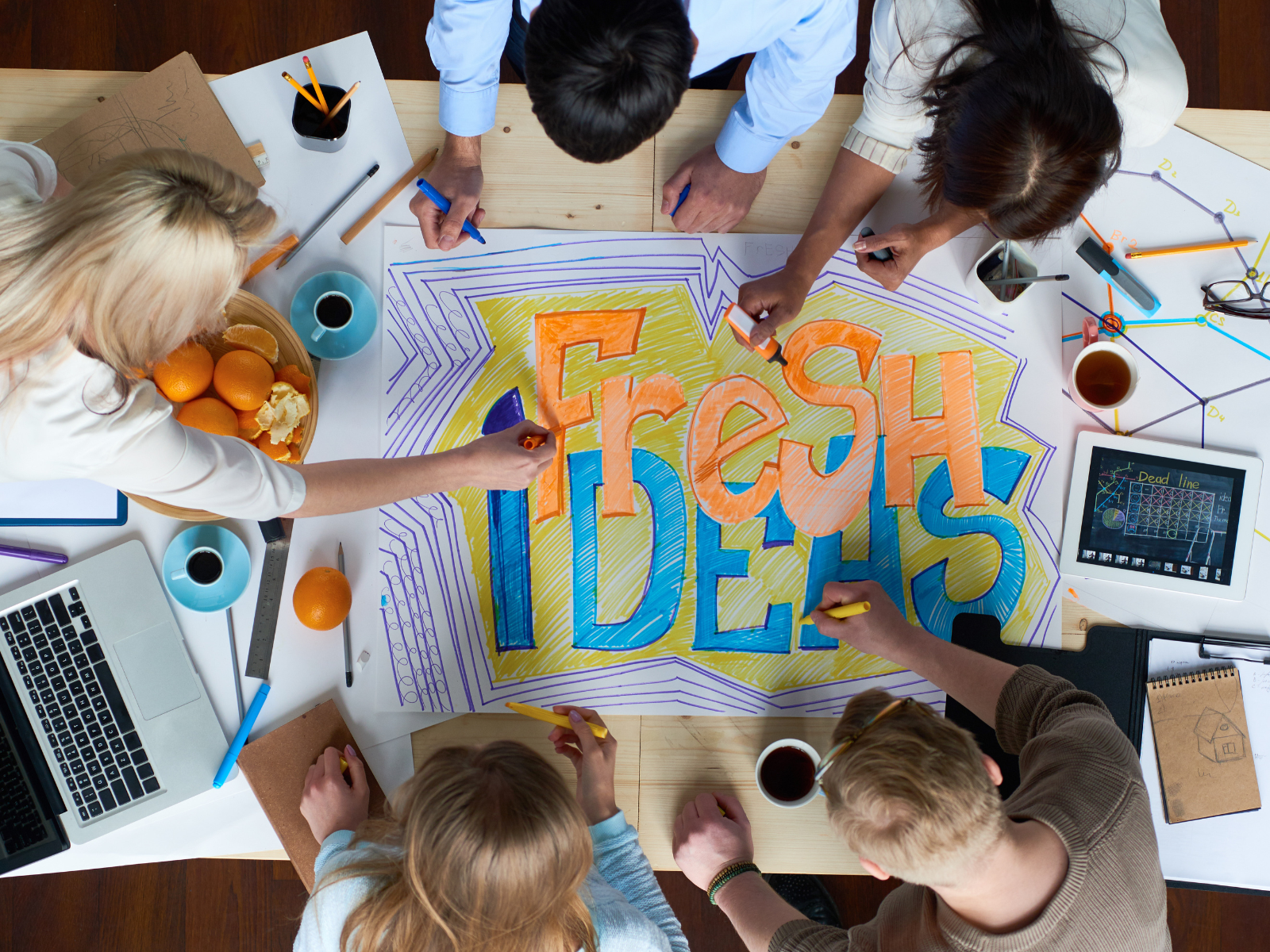
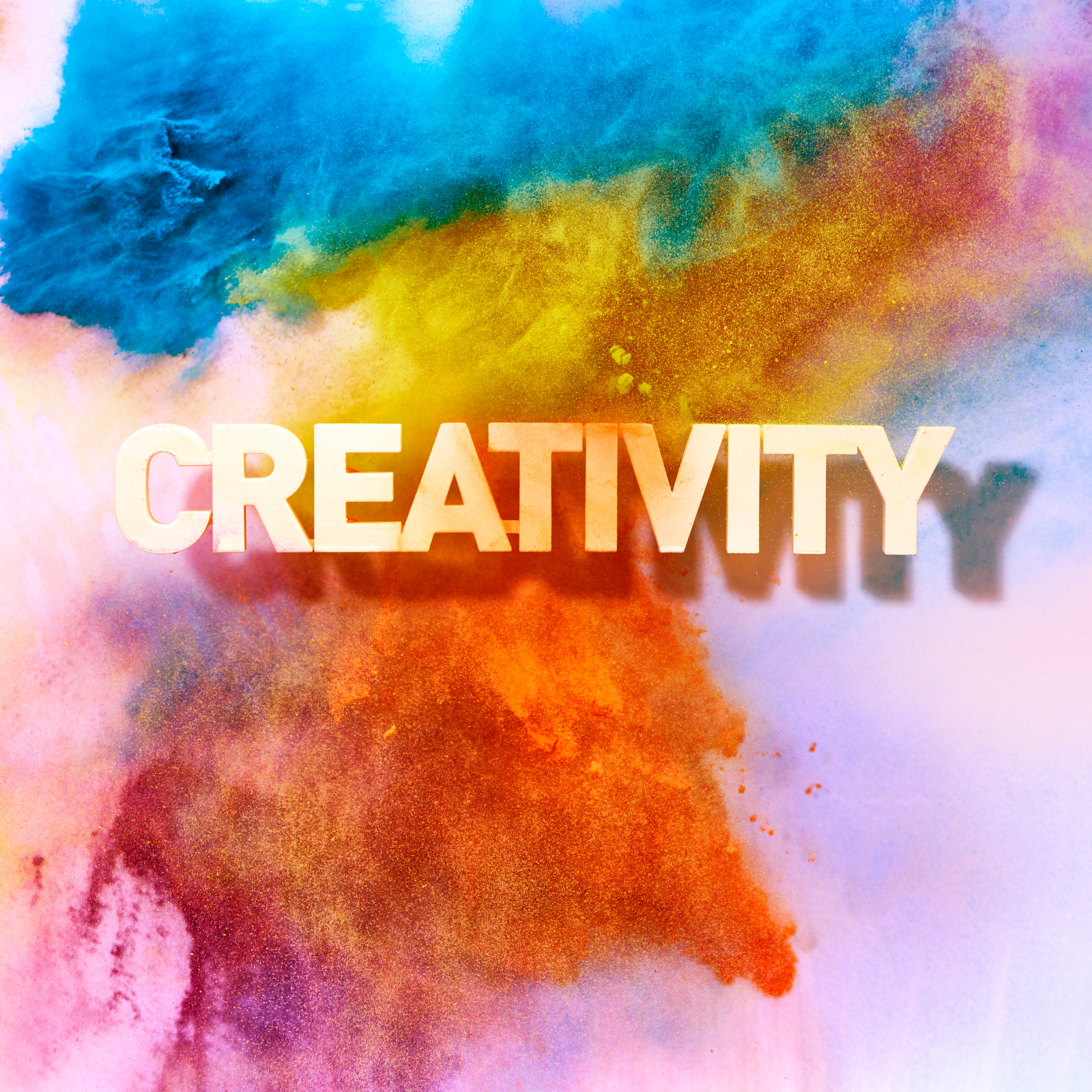
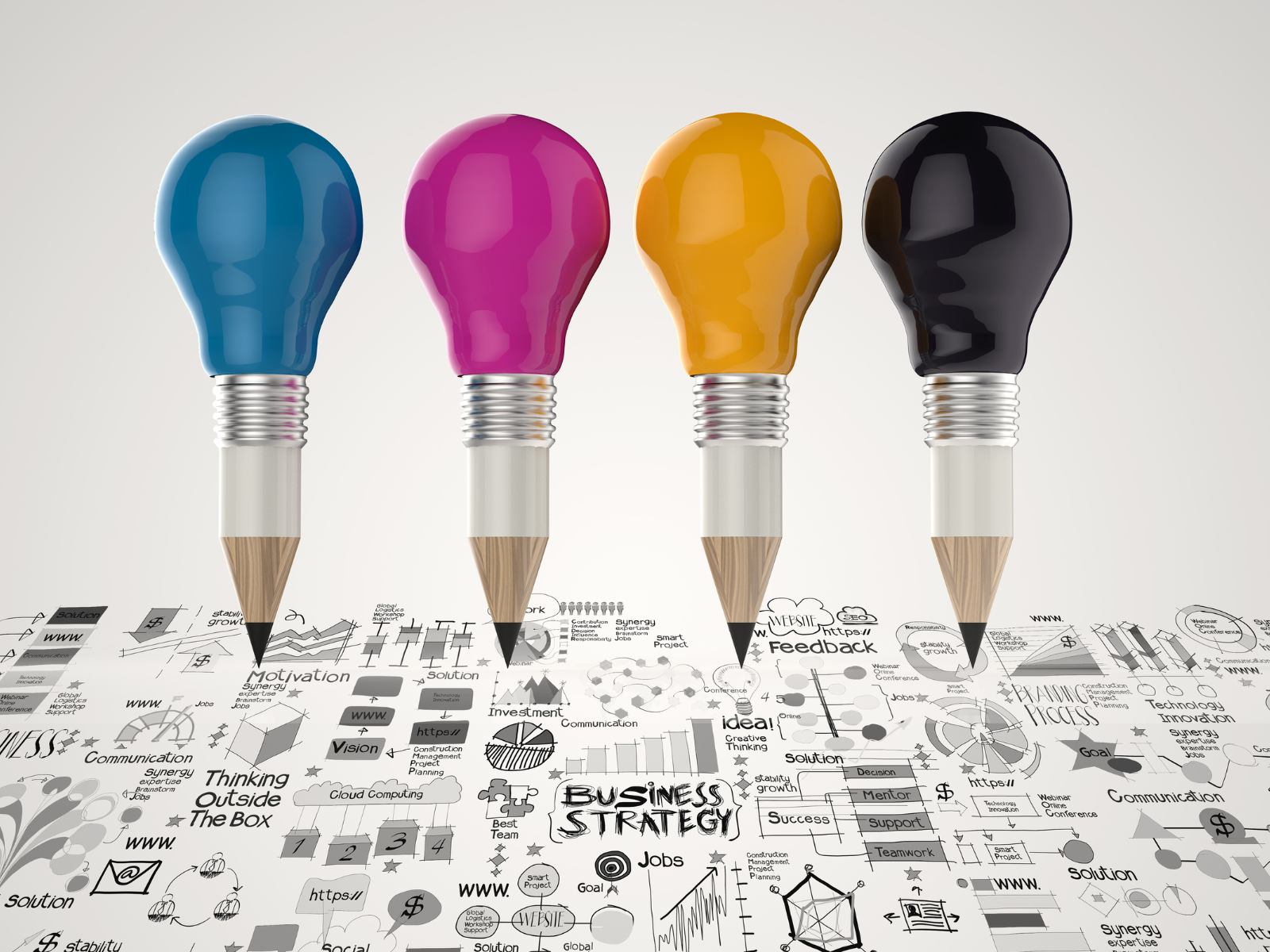
Creative Planning In Art
Artists, musicians, and writers have traditionally been encouraged to engage in creative planning to bring out the best in their work.
Creative planning can help artists develop the skills they need to create and improve their works.
It can also be used to plan out the best way to create something, from developing a story or painting to arranging a song.
Creative planning in art can be used to explore new ideas, discover interesting angles, and create something truly unique.
It can enable artists to break existing structures and come up with something that’s truly original.
You can keep an art journal to document your process; there's nothing worse than having a brilliant ah-ha moment and losing it because you didn't write it down.
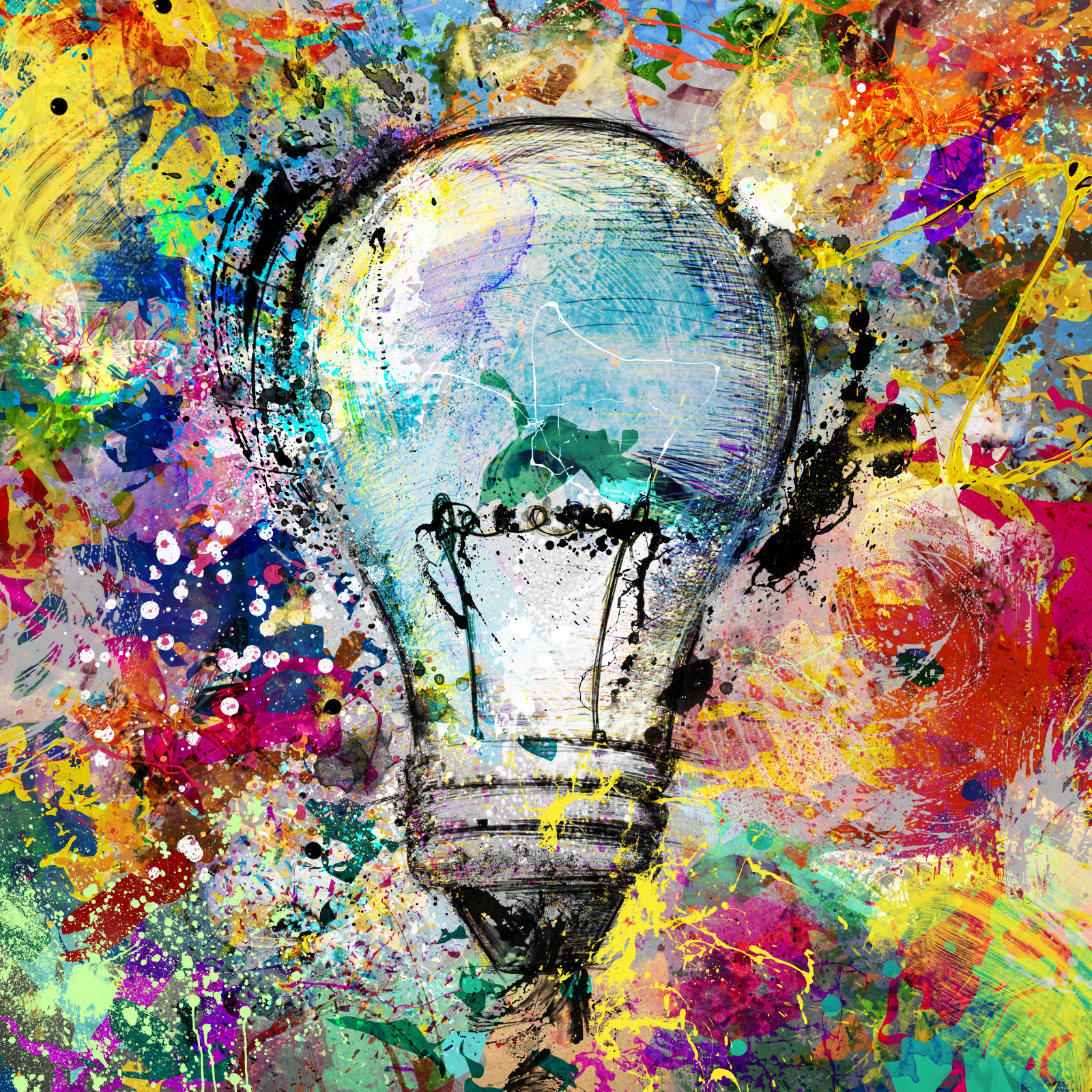
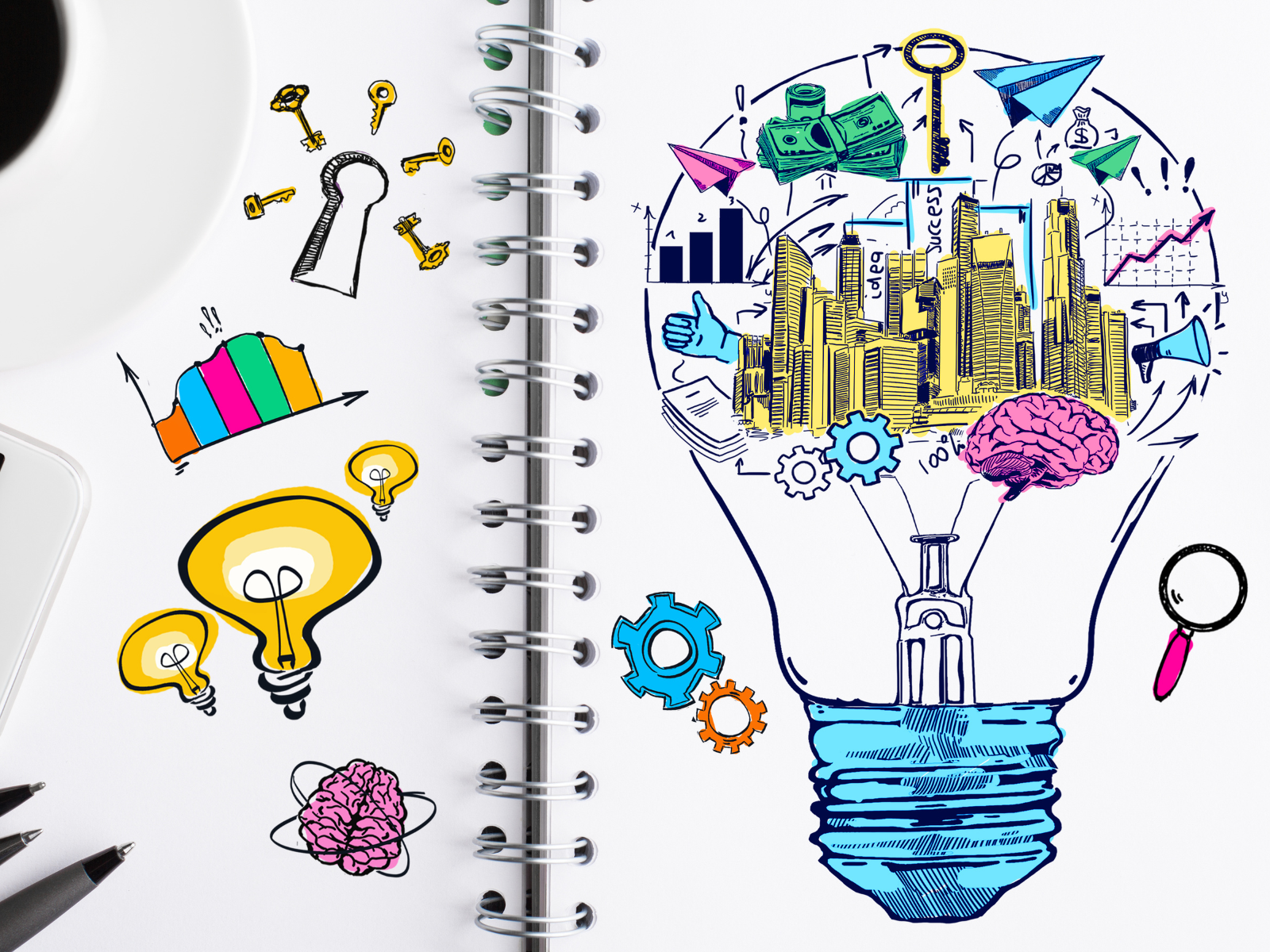

Focusing on Process Rather than Outcome
The first step in incorporating planning into your creative process is to focus on the process rather than the outcome.
Often times, when we are trying to create something, our end goal is constantly in the back of our mind – we want to make something beautiful and awe-inspiring that will leave viewers speechless.
While this motivation is important, it should not be front and center during the creative process itself as this can actually stifle creativity.
Instead, focus on what you are doing as you do it—the brushstrokes as you paint, the chords as you play, or the words as write them down—and let go of any expectations for what you might create.
This way, you remain open to improvisation and exploration that could lead to unexpected results.
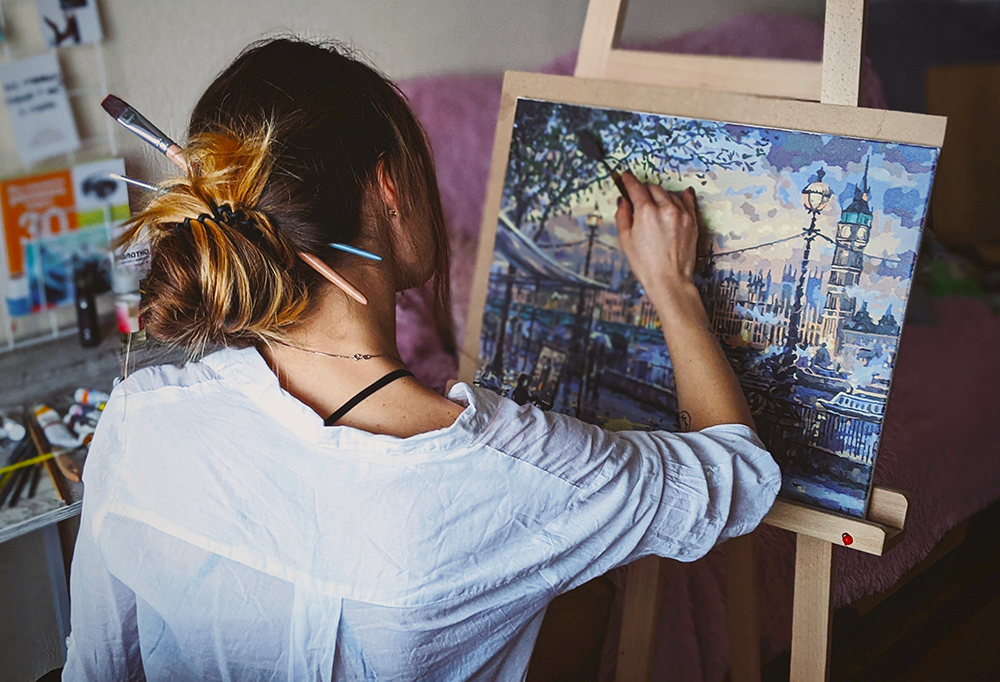
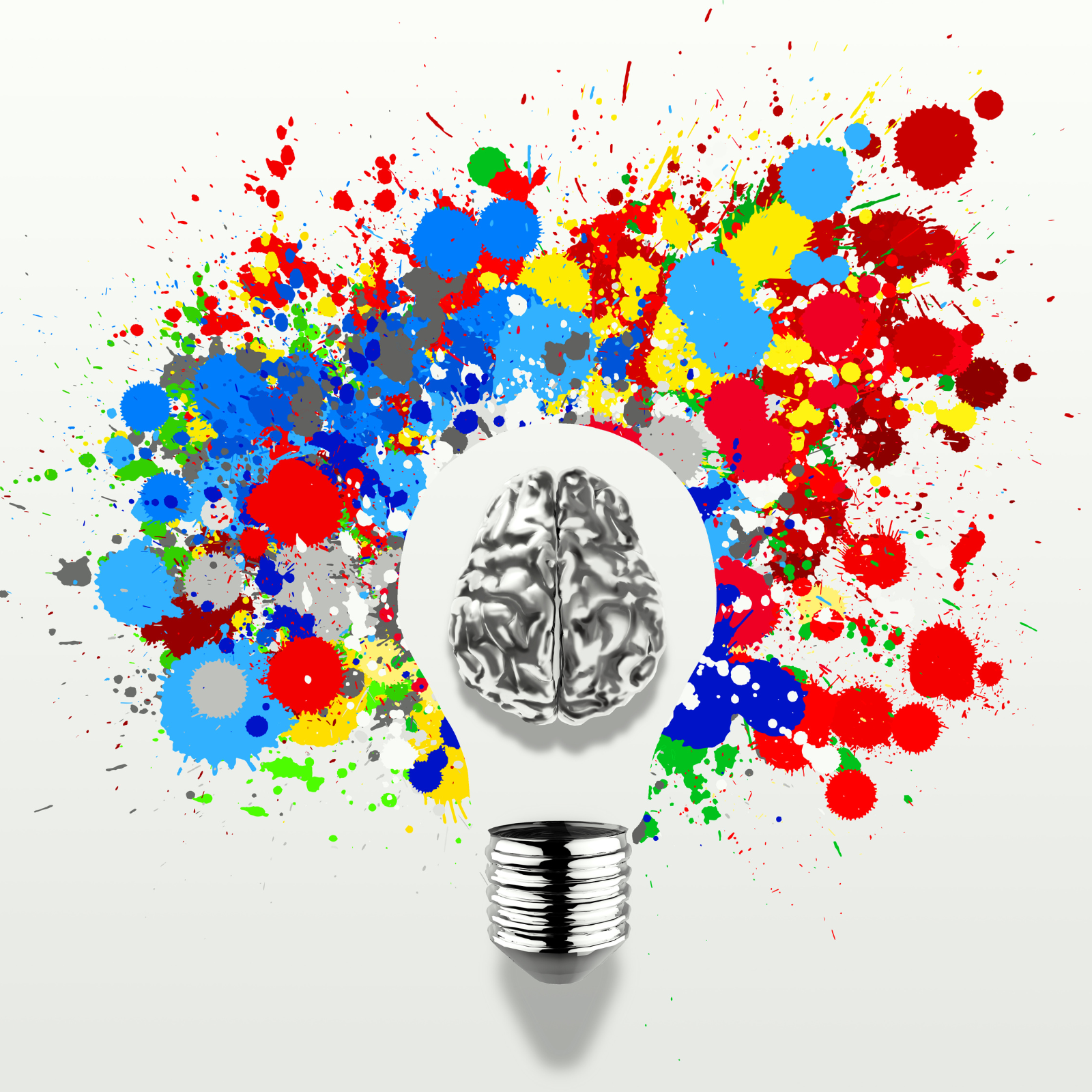
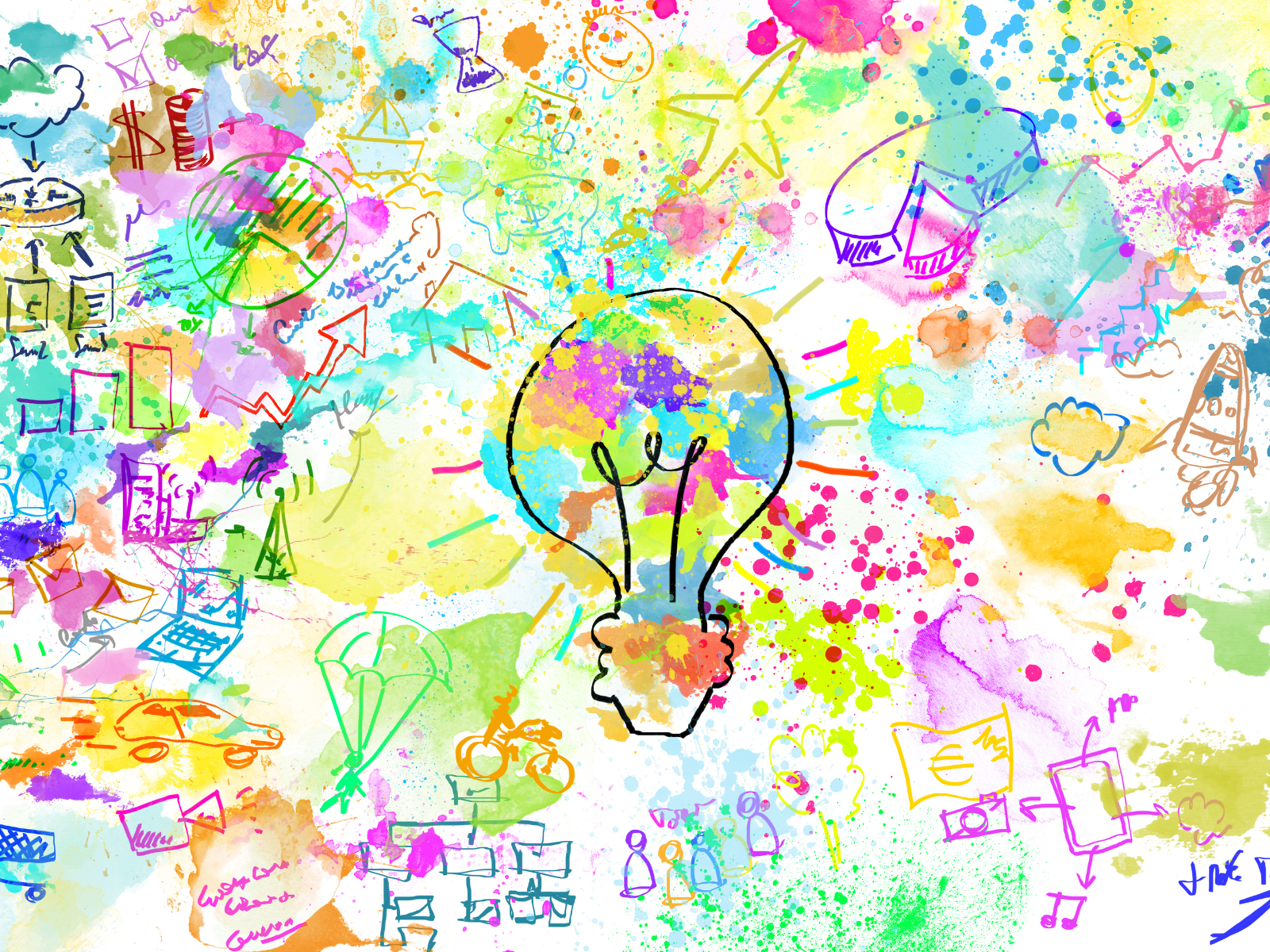
Scheduling Creativity
Incorporating structure into your creative process through scheduling can help free up headspace for more creativity by taking care of mundane tasks like research or organizing materials ahead of time.
Planning ahead also increases productivity—you won’t have to worry about wasting time looking for things like reference images when it’s time to get creative because they will already be organized in one place.
Scheduling also gives you clarity on how much time each task needs so that deadlines don’t sneak up on you while ensuring that there is still enough room for experimentation along the way.
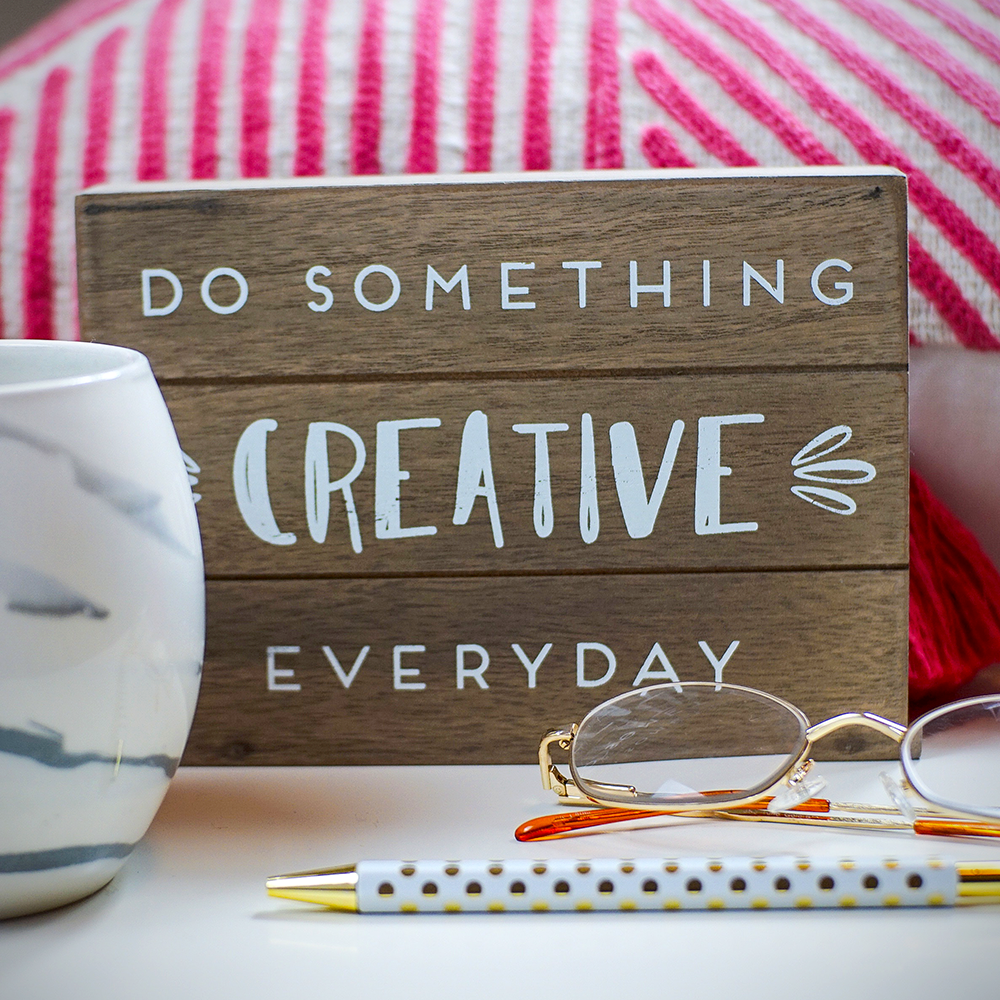
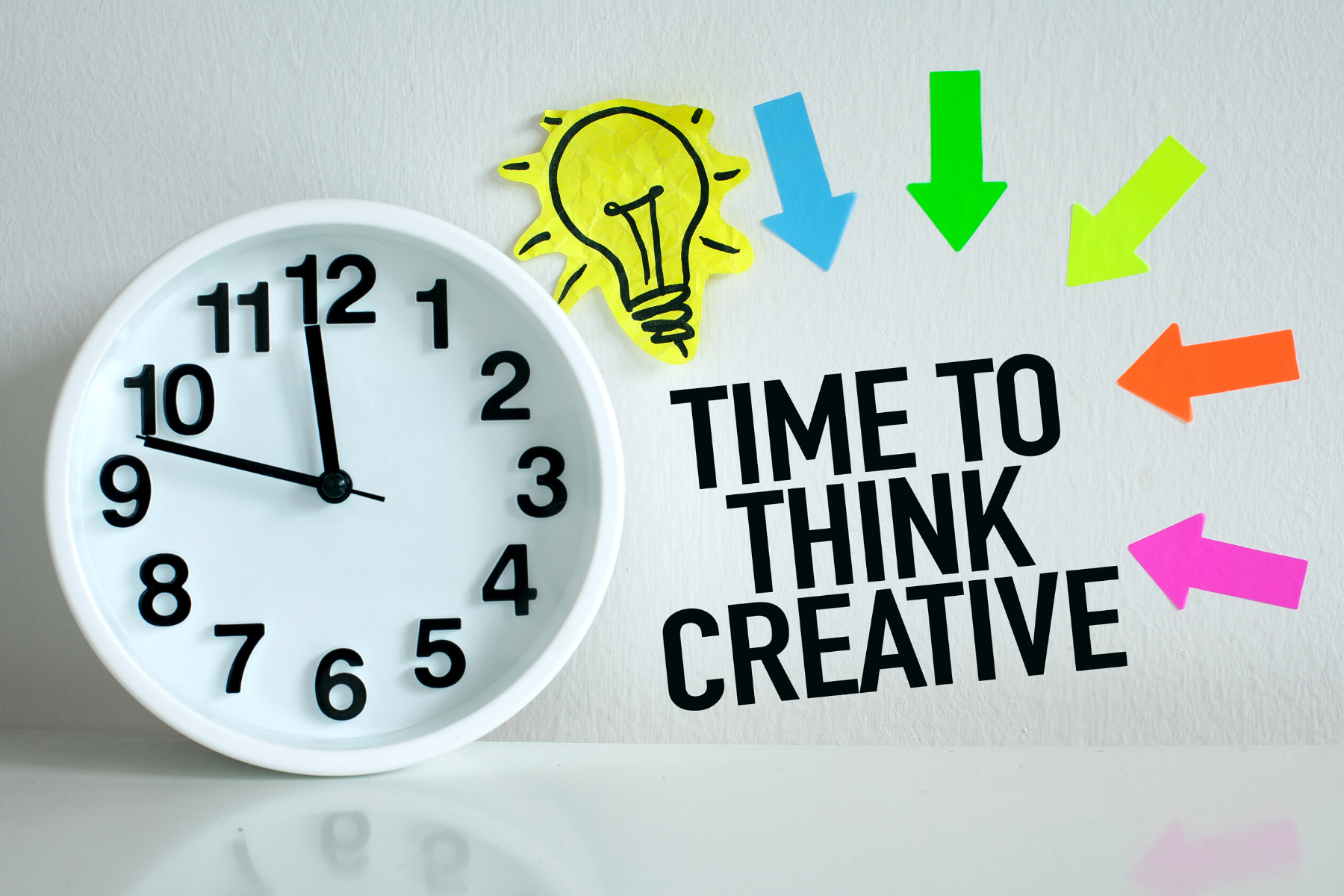
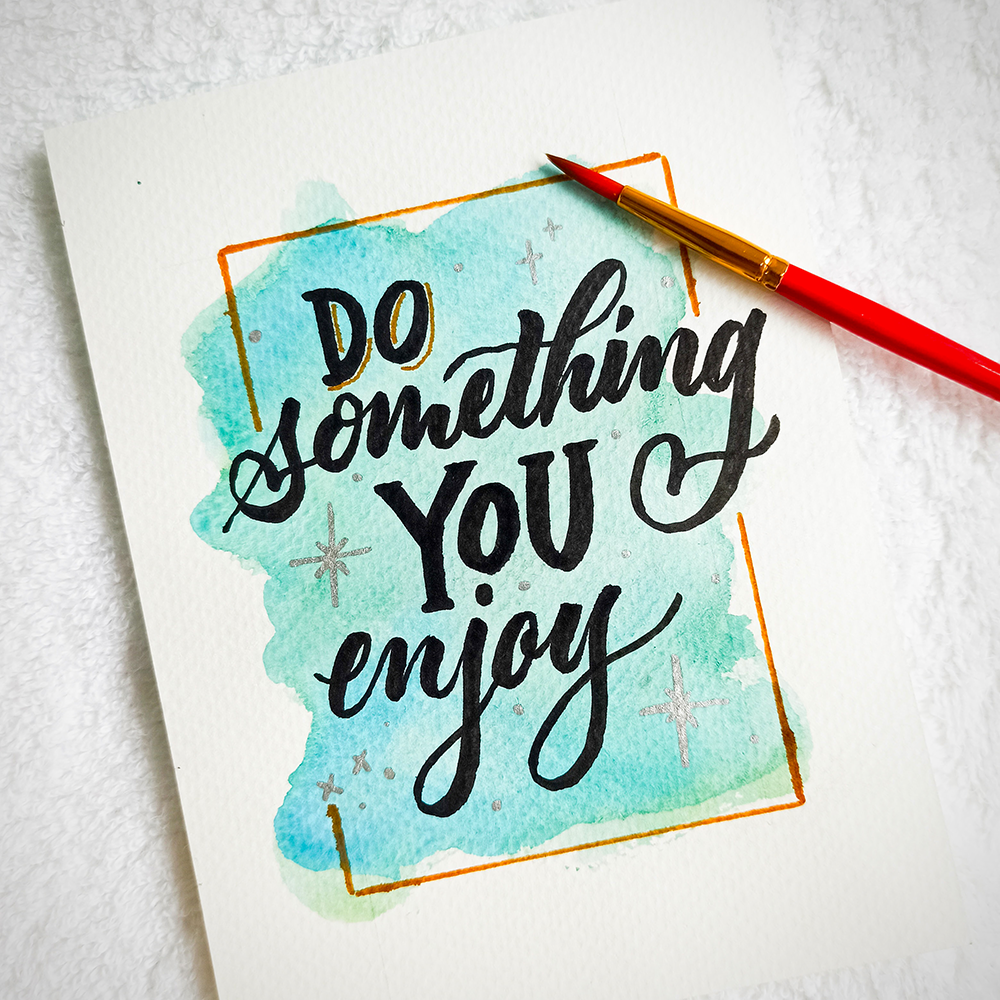
Creating Space for Experimentation
Planning doesn’t necessarily mean having a rigid workflow down pat before getting started; instead, it allows space for experimentation while having a clear path forward if ideas don’t pan out in their initial form.
Having a plan gives structure but also flexibility - without an overall idea of where things are going or even just knowing where to start from, experimentation becomes difficult because there isn't anything to move off from or build upon if needed.
With some structure in place from planning though, experimentation suddenly feels more accessible since it serves as something from which ideas can develop further or pivot away from if necessary.
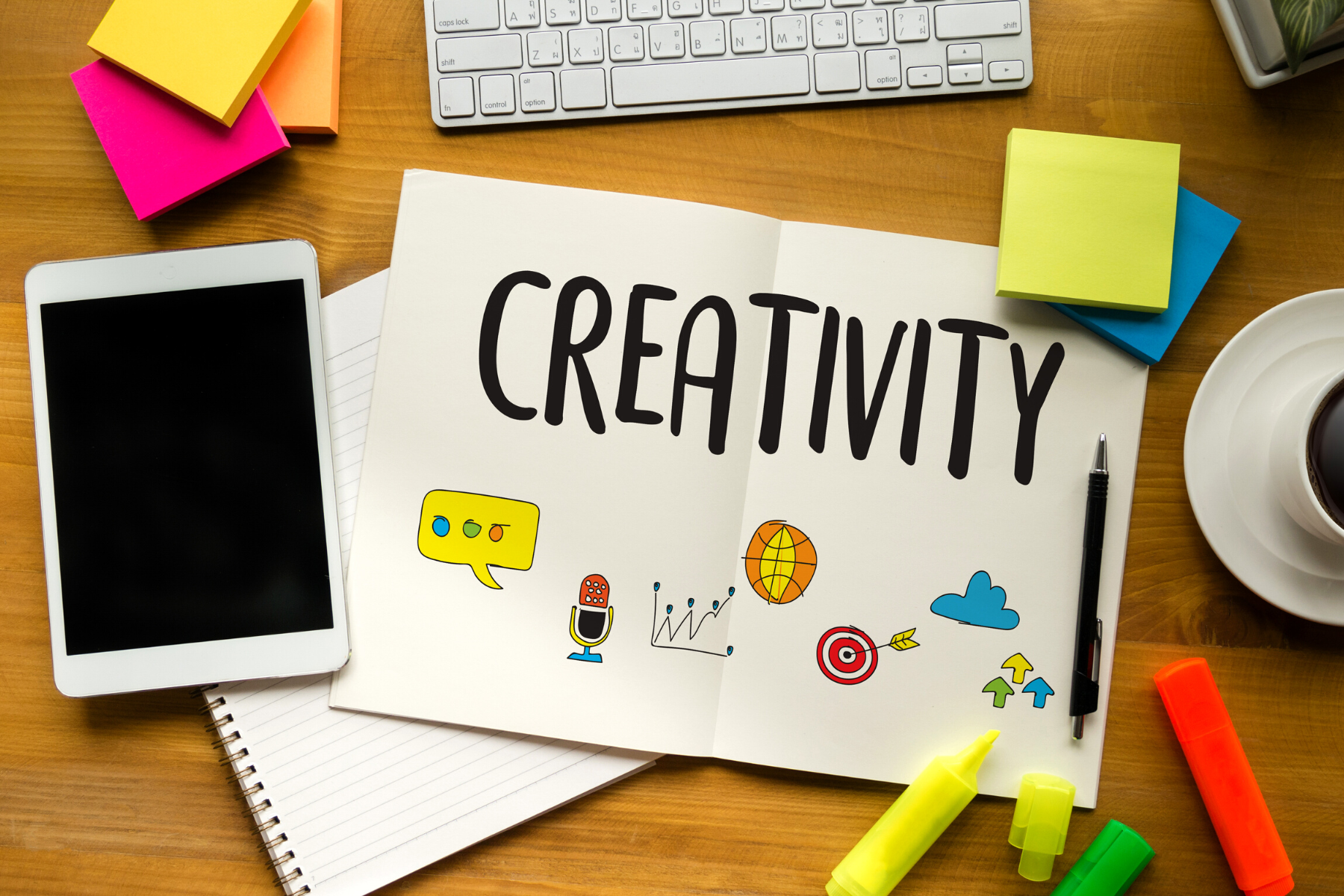
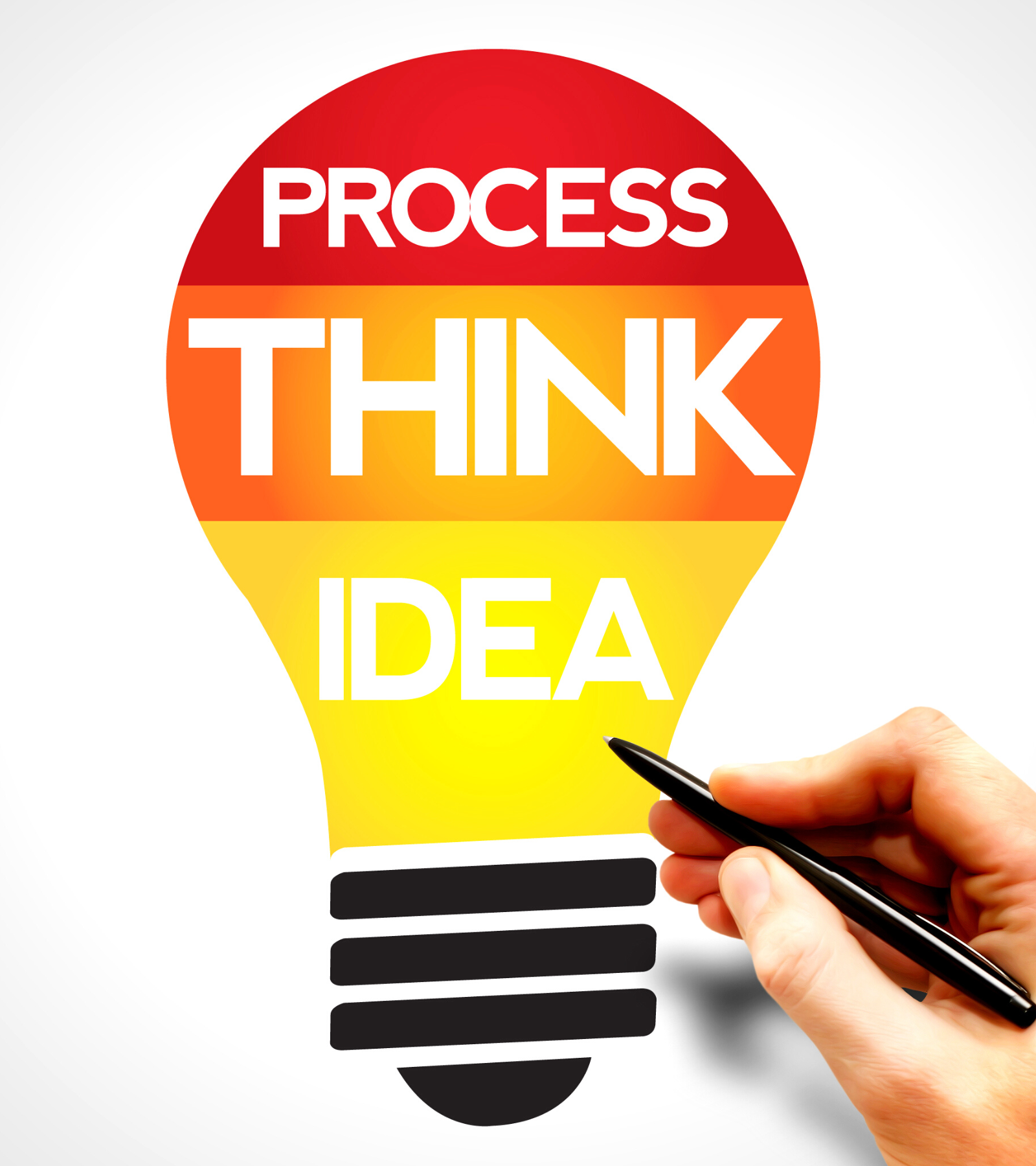
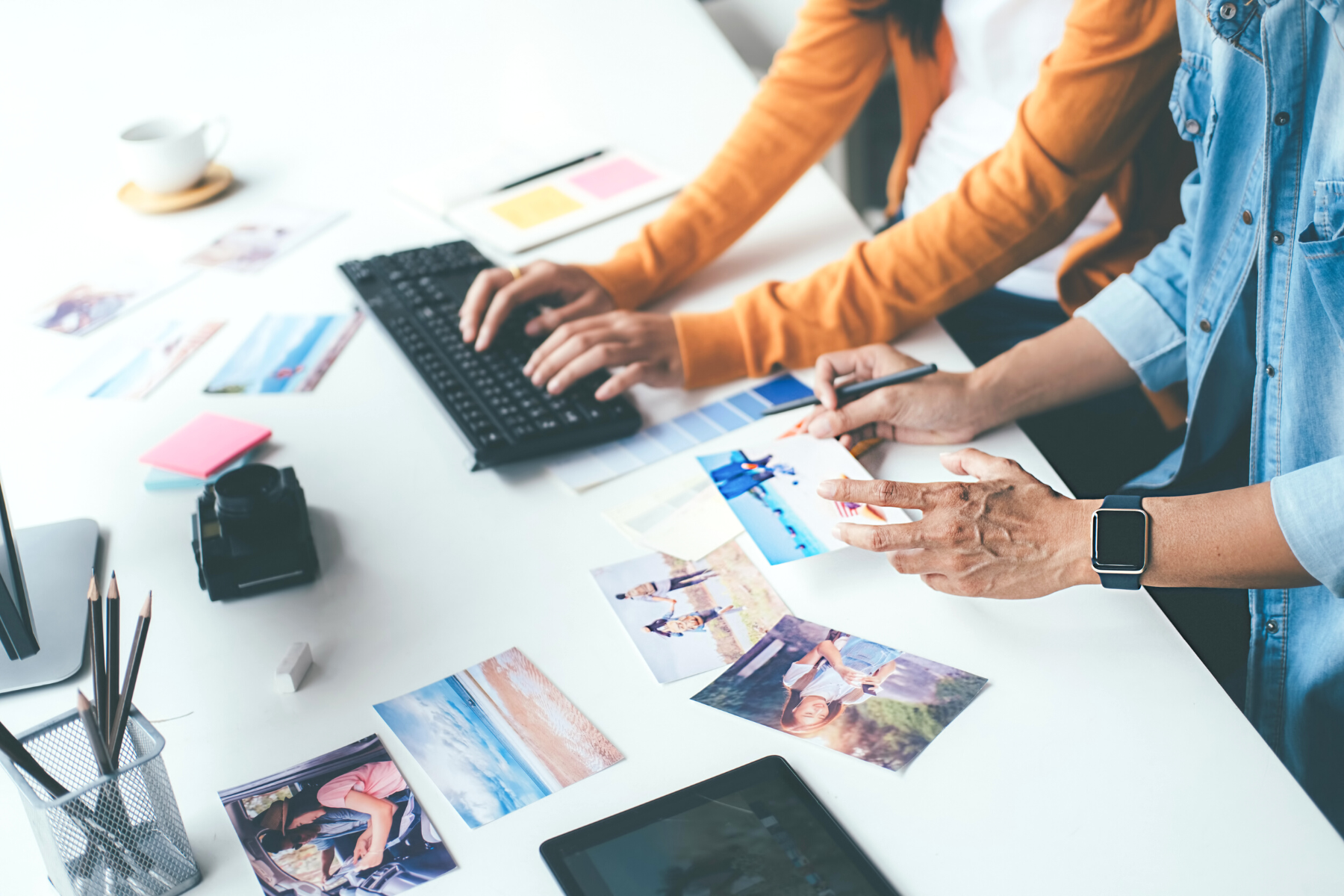
How Can Planning Increase Creativity?
Planning can increase creativity in a number of ways.
One way is by setting up a structure for your creative process that allows you to focus and make the most of your time.
Planning also allows you to outline your goals and objectives and make sure you are taking the right steps to reach them.
By breaking down a project or task into smaller, manageable steps, you can create an action plan that is easier to follow and understand.
Finally, planning allows you to identify any potential obstacles and gather the resources you need to overcome them.
These are just a few of the ways that planning can help increase creativity.
By taking the time to plan ahead, you can ensure that your creativity is maximized and your projects are successful.
So, don’t be afraid to incorporate planning into your creative process — it may just be the key to unlocking your full potential.
Happy planning!
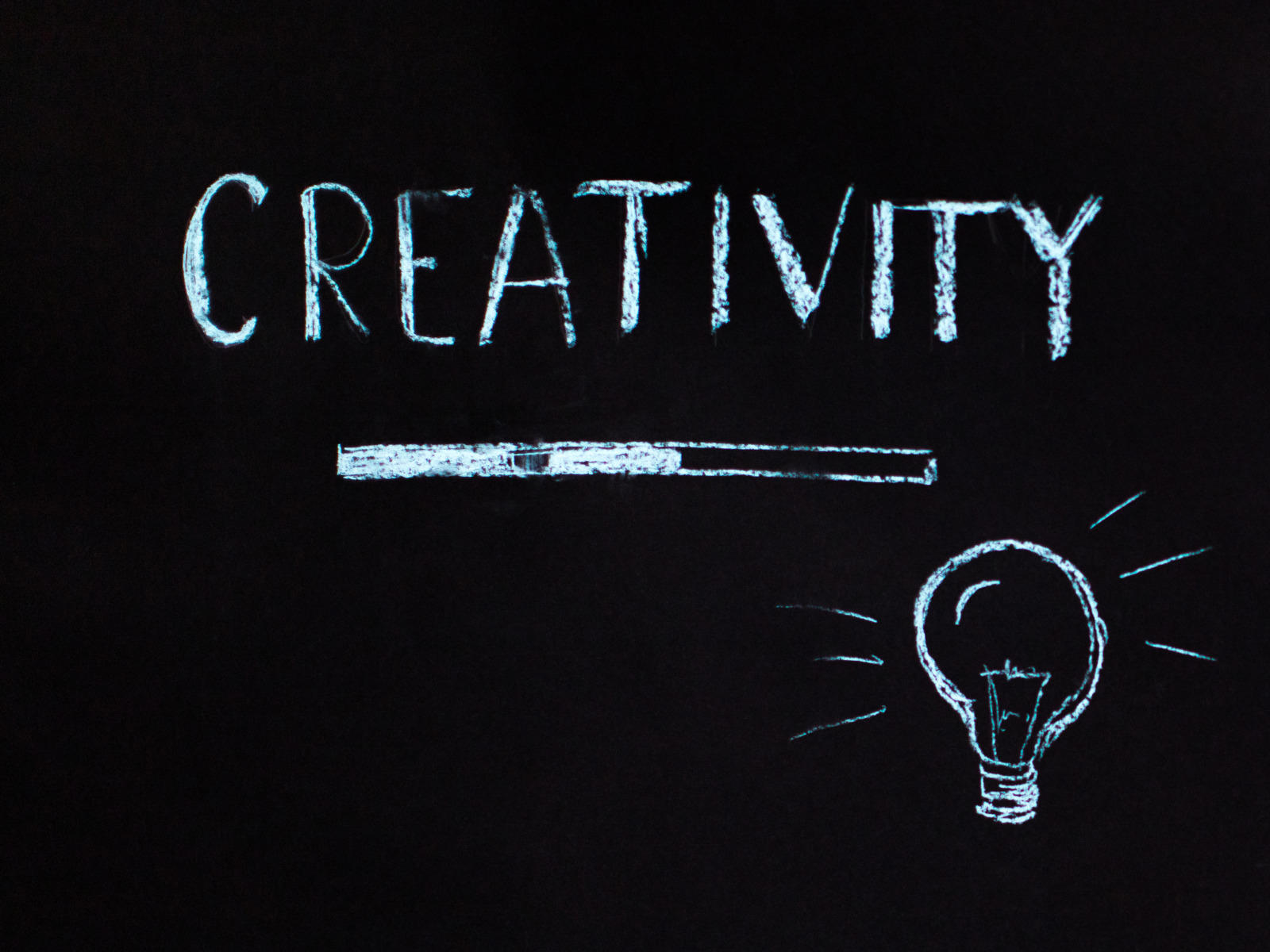

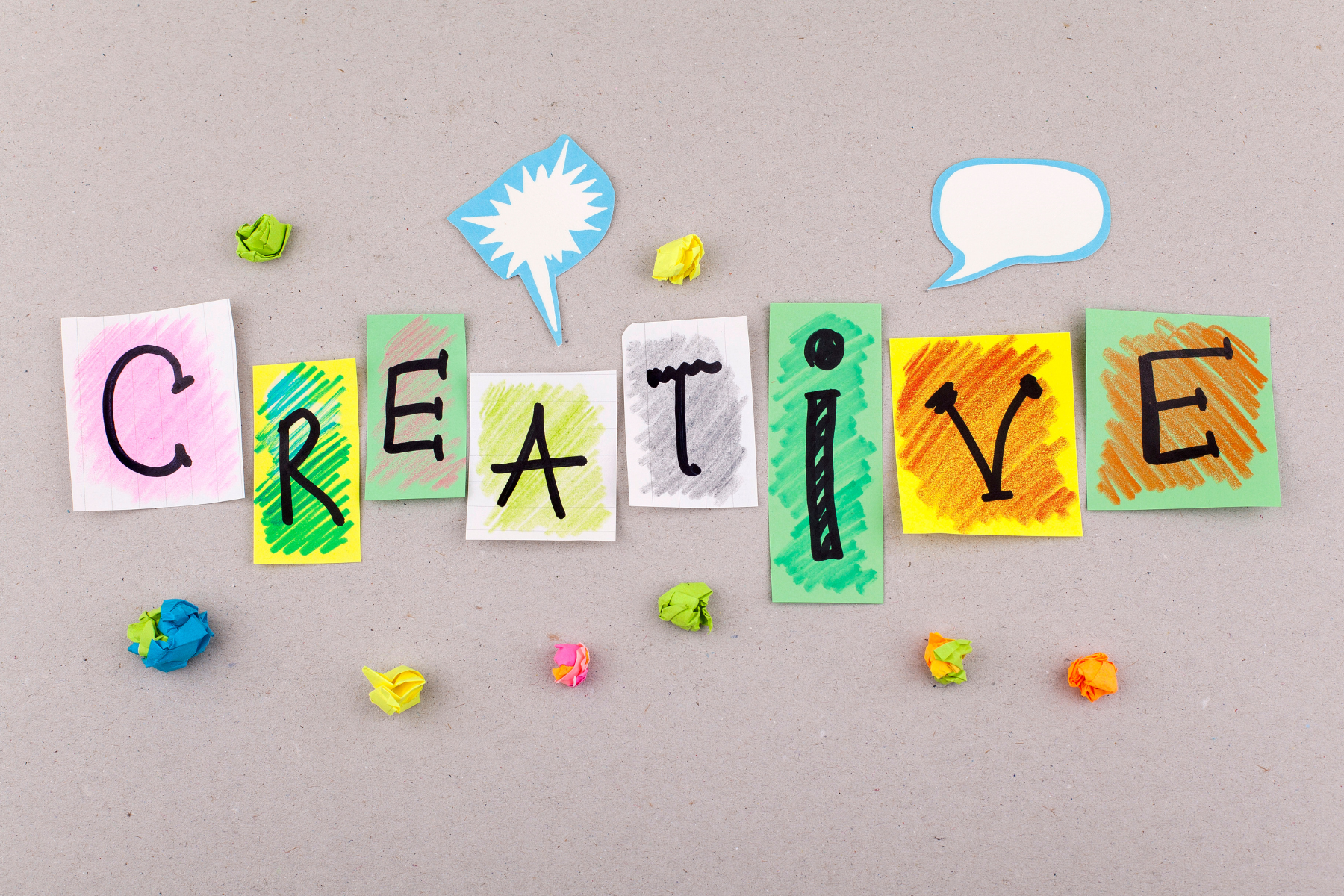
Utilizing Creativity in Planning for Your Best Work
Creativity requires both structure and freedom; too much structure can stifle creativity while too little direction can cause aimlessness that hinders progress.
By incorporating planning into your creative process with an emphasis on process over outcome, scheduling tasks ahead of time, and creating space for experimentation with some direction behind it all allows artists of all skill levels to unlock their full potential through their work.
Creative planning can also be used to inform the decision-making process and find innovative solutions to difficult problems.
By taking the time to plan ahead, you can ensure that your creativity is maximized and your projects are successful.
With some forethought combined with experimentation and exploration throughout the process, amazing results can follow!
So, get out there and bring your best work to life!
The possibilities are endless!



Looking to learn more about how creativity and planning work together? Check out this TEDx Talks!
Want even more content about creativity and art?
Be sure to check out all of our creative chronicles!
-Find inspirational music for creativity
